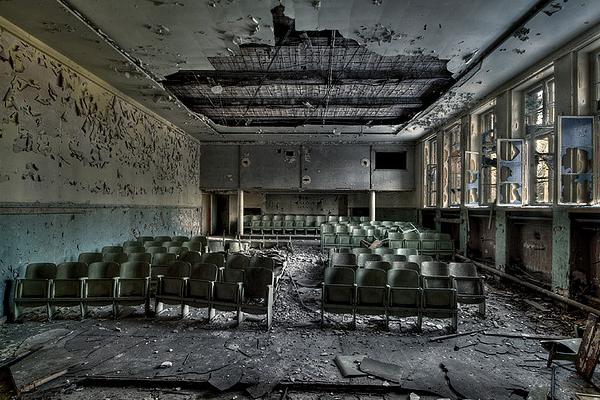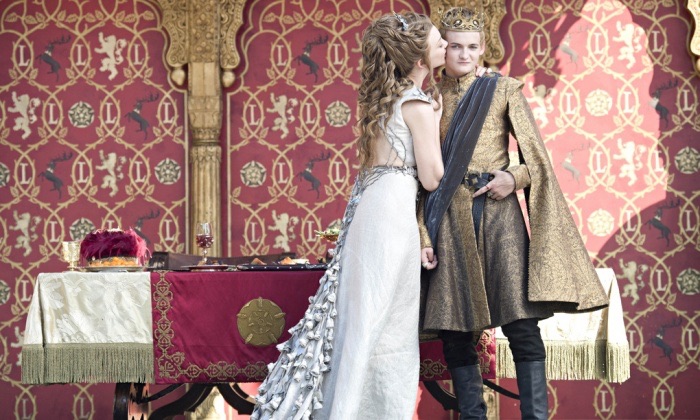
The communists in the Coen brothers’ Hail Caesar! are silly caricatures, but the film upholds basic Marxist premises.
The new Coen brothers’ film Hail Caesar! has been promoted as wacky, lighthearted entertainment about Hollywood in the 1950s, with many critics praising it in those terms; Lou Lumenek of the New York Post calls it “an enjoyable lark,” for example, while Peter Rainer of Christian Science Monitor says it’s “a doodle in the Coen canon.”
These misleading characterizations may explain why the film kicked off so badly. Though by this point it’s made enough to cover its budget, in the United States it had “the lowest opening haul of any major release in the Oscar-winning duo’s career.”
Hail Caesar! has a lot of hilarious and delightful bits — especially if you know anything about the history of Hollywood’s classic studio era — but it’s far too dense and intricate a film for general audiences who were sold on a zany slapstick comedy featuring George Clooney as a clueless 1950s movie star pitching face-forward out of his trailer like a felled tree.
The film has miserable audience ratings. I’ve seen it twice now in fairly crowded theaters; people laugh freely at the early scenes but sink into the doldrums about a quarter of the way into the film. In fact, the moment when audiences decide they hate the film is even identifiable: it’s the scene where a roomful of communists, including a character identified as Dr Herbert Marcuse, starts holding forth on “the dialectic.”



